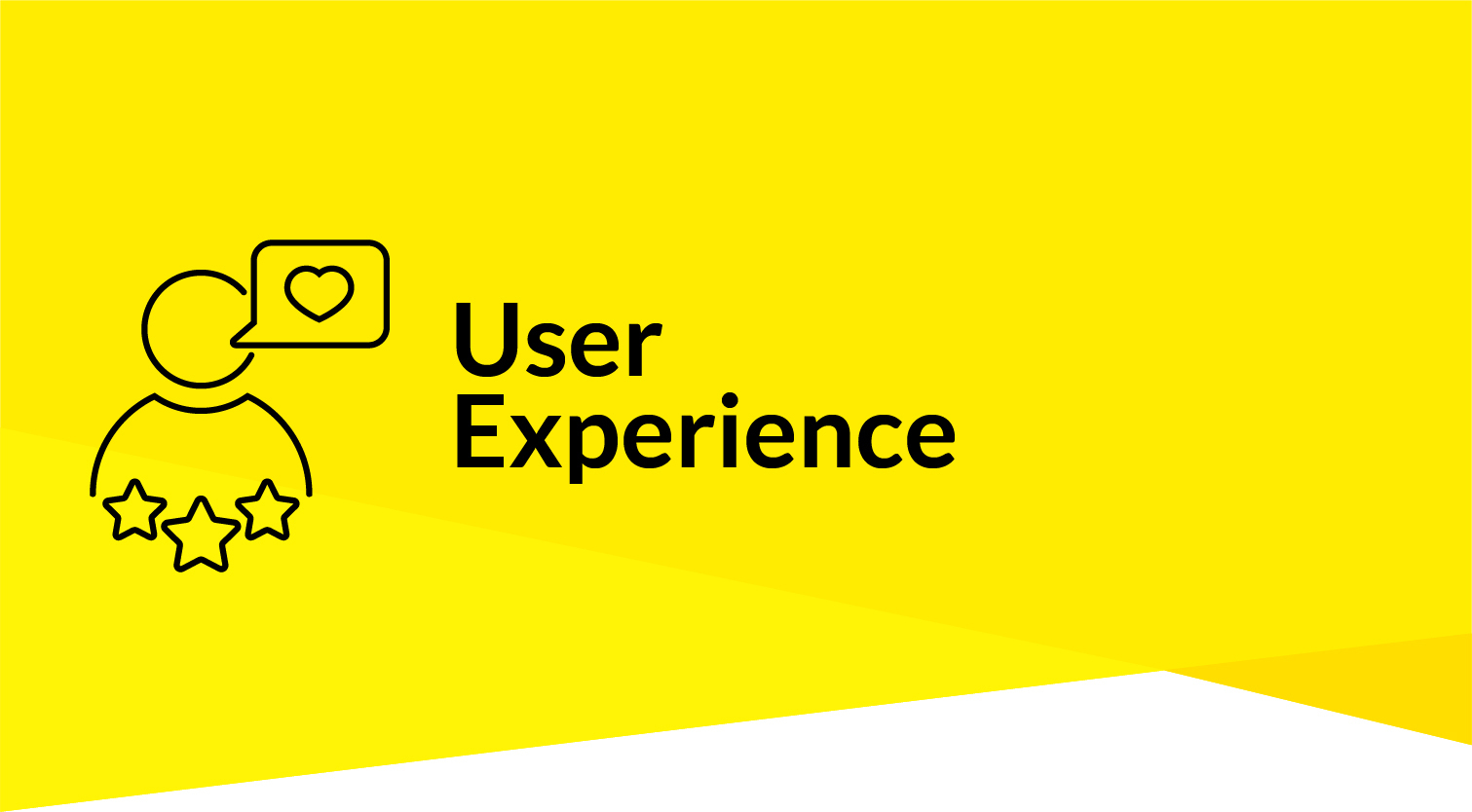Digital Blog
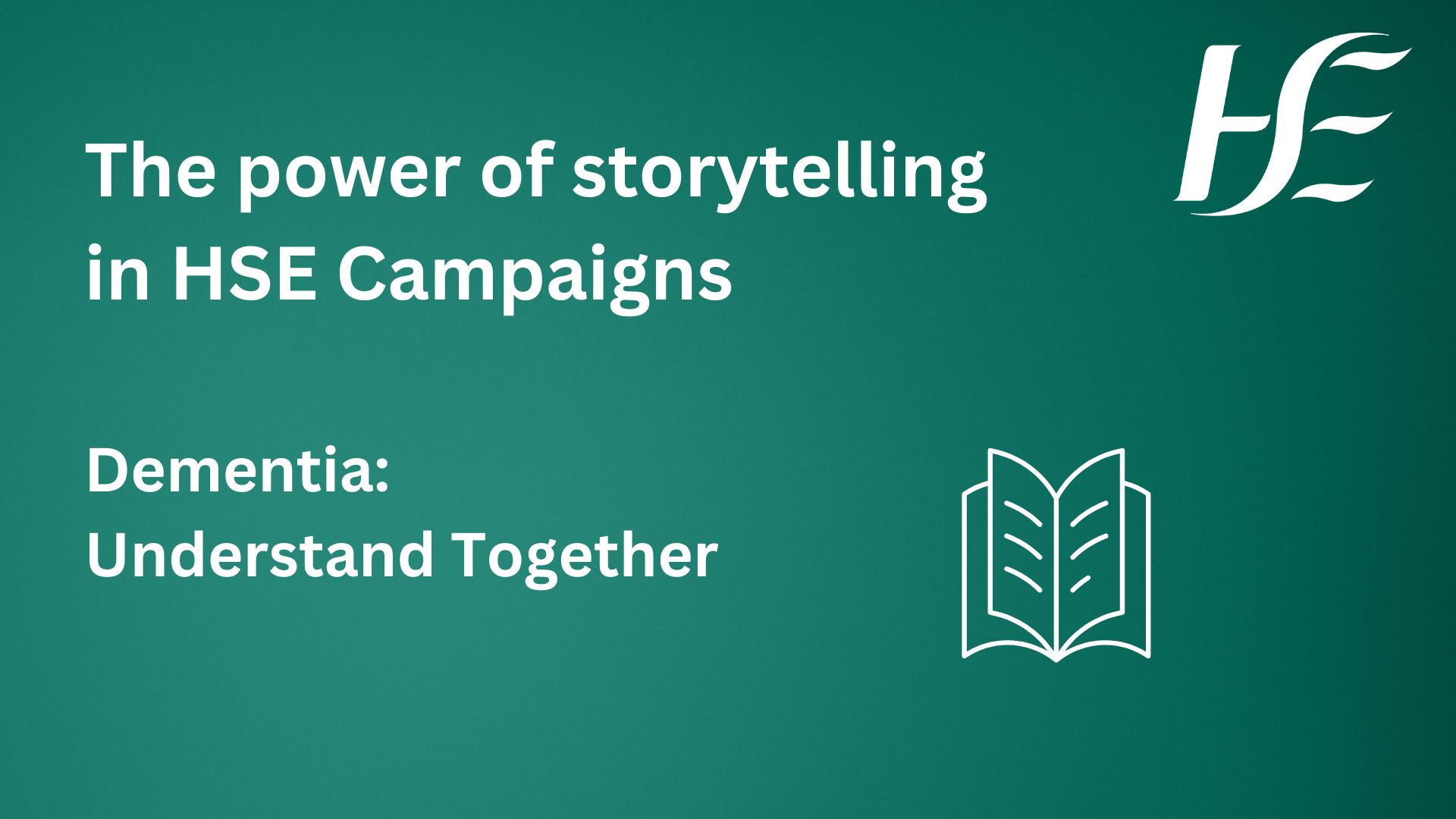
The power of storytelling in building dementia inclusive communities
Storytelling is part of our culture; it’s how we relate to each other. It’s a tried and tested tool in the public health marketing playbook, known to be effective in changing health promoting behaviours and knowledge. When we tell stories, we open the door to empathy and connection.

When we listen, we’re better: the role of market research in health campaigns
We’re all researchers. All you need is a burning question and a means of finding the answer. The same principle applies when we think about market research for HSE campaigns. We have a burning question, and a whole host of ways to find the answer.

How discovery informed selective mutism content
A speech and language therapist - on behalf of a selective mutism special interest group - requested we design a new guide on selective mutism for the Health A-Z.

What, and who, makes a HSE health behaviour campaign
The HSE Programmes and Campaigns team has been creating evidence based, effective social marketing campaigns for many years, and long before most of the current team, myself included, was here.

Making our social media accessible
We want to make sure our content is as accessible as possible for everyone. Accessible online experiences enable all users to access the information they are looking for. This includes anyone with impaired vision, motor difficulties, cognitive impairments, learning disabilities and deafness or impaired hearing.
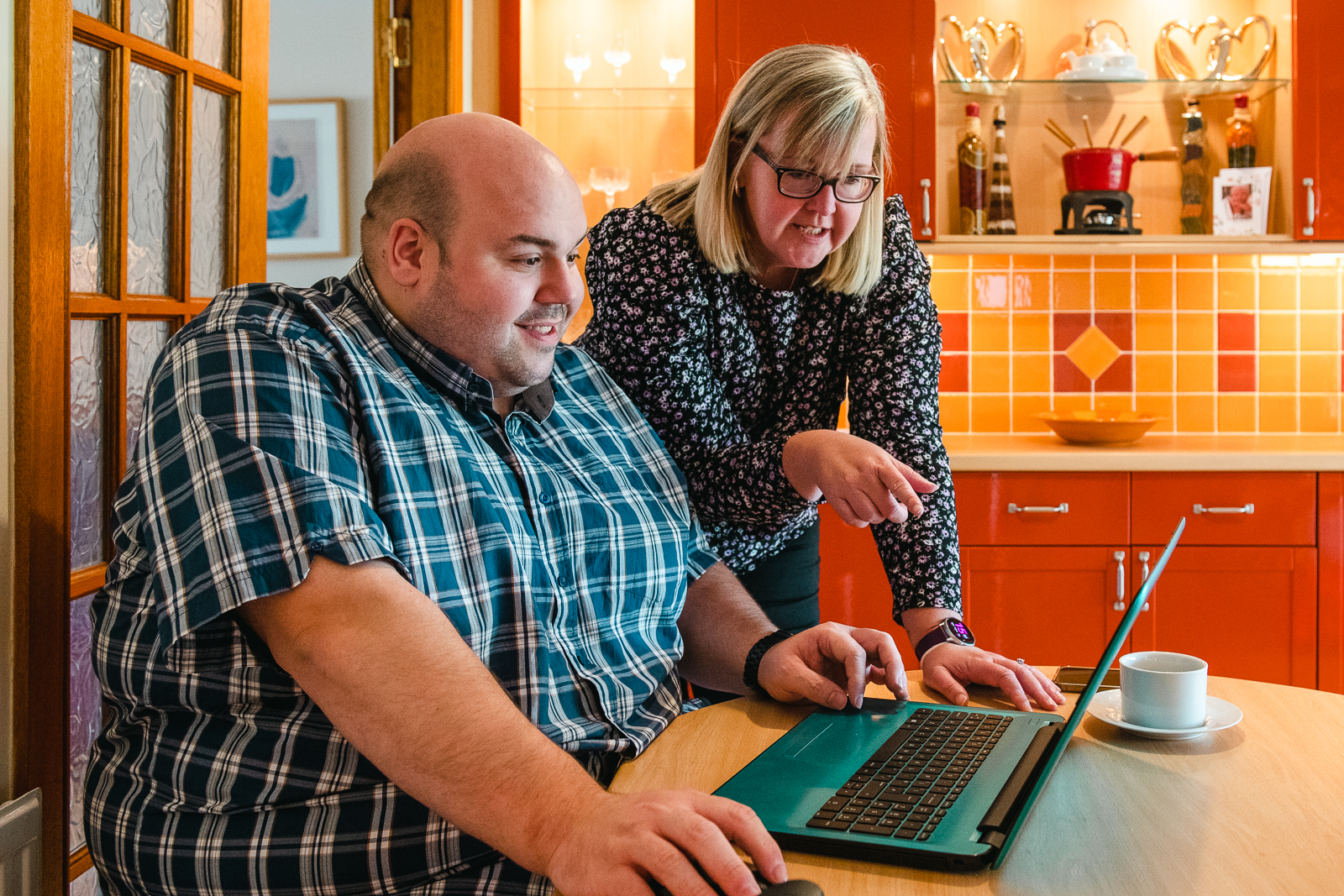
How we set up online social support groups for people with type 2 diabetes
An iterative approach is the process of improving and refining an initiative or process through multiple iterations. The beauty about the iterative approach is that it strives to deliver value to our service users as quickly as possible, in an incremental manner.
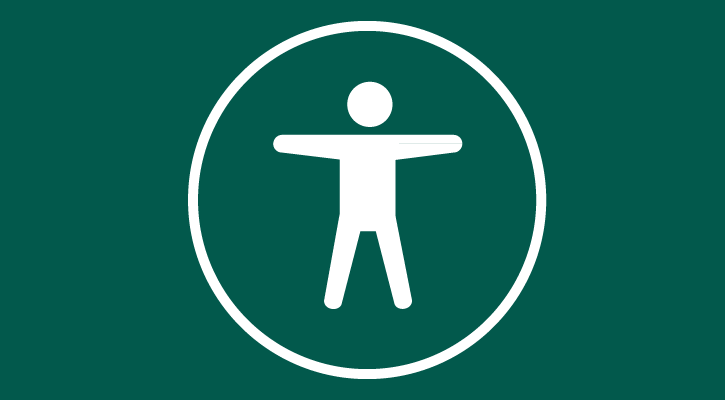
How accessibility audits are carried out by HSE digital
Introduction to accessibility and why it is important. Outlines on how accessibility audits are carried out in the HSE digital team and how improvements are implemented.
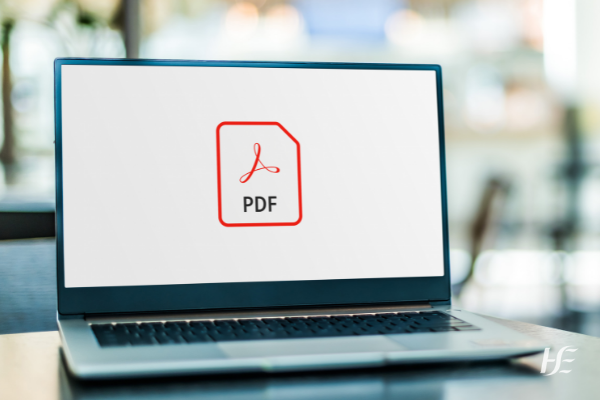
Publishing Content in PDFs
PDFs can seem like an easy way to develop content quickly and make it available online. On the face of it, all you need to do is to get all the information about a topic together in a doc, convert it into a PDF and publish it straight away. But there are issues with publishing information online in this way. This is why content designers advise not to publish content in PDFs (most of the time).

Asking the expert: how we work with health professionals to create content
Working with our experts, our job is to make this content easy to read, trustworthy and relevant to the end user. Our experts and fact checkers are a vital part of our mission to transform the way we provide information online.
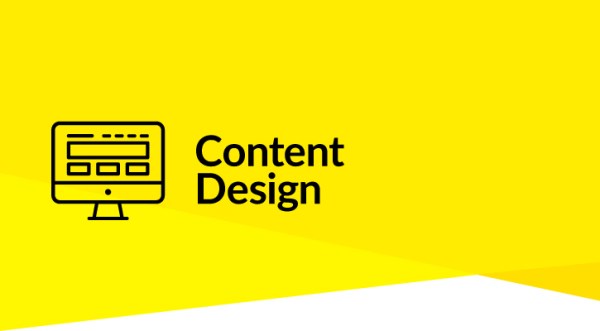
Content design and the fight against COVID-19
Read about how the HSE’s Content Design Team worked to provide user-centred information on COVID-19 and the techniques they used to iterate and improve content

Digital marketing during the COVID-19 pandemic
Our digital marketing team is working to make sure our COVID-19 content is highly visible in search engines.

How we are using social media during the COVID-19 pandemic
During the COVID-19 pandemic, many people have come to our social media channels looking for answers.

Designing for accessibility
We have a responsibility to ensure our online experiences are accessible to all.

Card sorting for child health and pregnancy content
A new online child health and pregnancy resource to meet the needs of parents and parents-to-be.

Top Tasks: Creating a better online experience
The HSE has just carried out a Top Tasks survey, asking people to rank what was most important to them in dealing with health.

How we used social media to increase HPV vaccination rates
#ProtectOurFuture: an integrated campaign to reverse the trend in falling uptake rates of the HPV vaccine

Creating a new user experience: medical cards and GP visit cards
Redeveloping the medical cards and GP visit cards online information.

HSE Digital Roadmap: Transforming the online user experience for health
A new strategy for how the health service will meet the needs of its users online.

The HSE and social media in 2017
A glimpse at some of the HSE's social media successes throughout 2017.

A new start
Over the last six weeks since I have spent some time reflecting on the last two and a half years since the ‘birth’ of the Digital Communications team and how far we have come since then.

